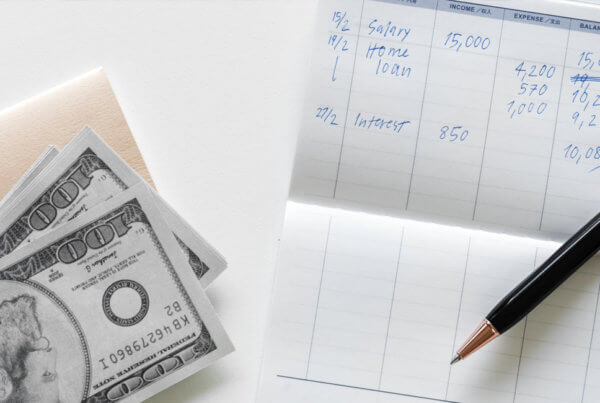Trying to borrow with bad credit? Not so fast.
Many Americans are asking questions like, what is a good credit score or how to rebuild a credit score? Chances are if you’re asking these questions, your credit score could use some work.
According to Lexington Law; 12% of the U.S. population has a credit score below 550. This group of people will face a lot of restrictions on what they can do financially. This guide is meant to help you understand how your credit score affects your purchasing power. We’ll also cover the advantages of good credit, and the drawbacks of a bad one.
How Your Buying Power is determined by Credit Score.
Your credit score summarizes your whole financial history in numbers, with an algorithm used to calculate your score. This calculation factors in things like your debts, payment history, credit history, credit types and loan applications.
With a low credit score your buying power is reduced as a creditor can’t confidently extend you credit. This is especially the case if you’re looking to buy a home, which has the most rigid credit requirements. And, you’ll likely be paying higher interest rates on credit you can get approved for. This can result in thousands of dollars of loss throughout your lifetime, all because of a poor credit score.
Furthermore, there are some things other than loans that your bad credit score can impact. For instance, the cellular phone company first looks at your credit score before considering your one or two years of the contract.
Benefits of a Good Credit Score:
So if you’re wondering what is a good credit score? Well, a score over 700 is considered a good score, and a score over 800 is considered excellent. If you’re one of the lucky ones to be in this range with your score, you’re likely able to enjoy these benefits:
Better Chances of Approval: You can easily get approval on a new credit card or a loan.
Get More Negotiating Power: A good credit score will enable you to negotiate a lower rate of interest on a new loan or a credit card.
Higher Limits: You can get approval for higher borrowing capacity if you have good credit.
Approval for Rental Properties: More and more landlords are checking credit scores to screen potential tenants. Having a good score means more chances of getting approved.
Auto Insurance Rates: Another perk of having a good score is to get better rates on your car insurance.
No Security Deposit: With a good score, you can also avoid security deposits on cell phone contracts or utility services.
Disadvantages of a Bad Credit Score:
If you have bad credit, you’re more than likely going to face some struggles with finances. Obviously, you also won’t be enjoying the benefits outlined above. But, besides the aforementioned ones, here are a few more things you may not be able to do:
Business Franchise: You will not be able to get financing for an established franchise like Baskin Robbins or Subway with bad credit.
Cosmetics Surgery Financing: Not covered by insurance, which means you will either have to pay from your pocket or get ridiculously high rates due to bad credit. Or, they can also deny doing the surgery.
Dental Care Financing: Also not covered by insurance in case of major dental work which means you will not be able to get a loan for it due to bad credit.
Jewelry Financing: Jewelers sometimes allow the customers to pay for a piece of jewelry on installments. But a bad FICO score won’t let you have it either.
Some Jobs: The government jobs especially check your credit when doing background research and bad credit may only make your chances slim.
Marriage: When you marry, your debt and your partner’s debt become one, which means your bad credit will reflect on their finances too. This may discourage them from taking the plunge.
Higher Insurance Premiums: Besides auto insurance, you may also get higher rates for other insurances including homeowner’s insurance.
Clearly the benefits of a good credit score make life easier. Even if you have a bad score now, it’s a good idea to start thinking about how to rebuild your credit score. Make sure to spend less, save more and pay your bills on time. This is the simplest formula for slow but steady credit growth.




